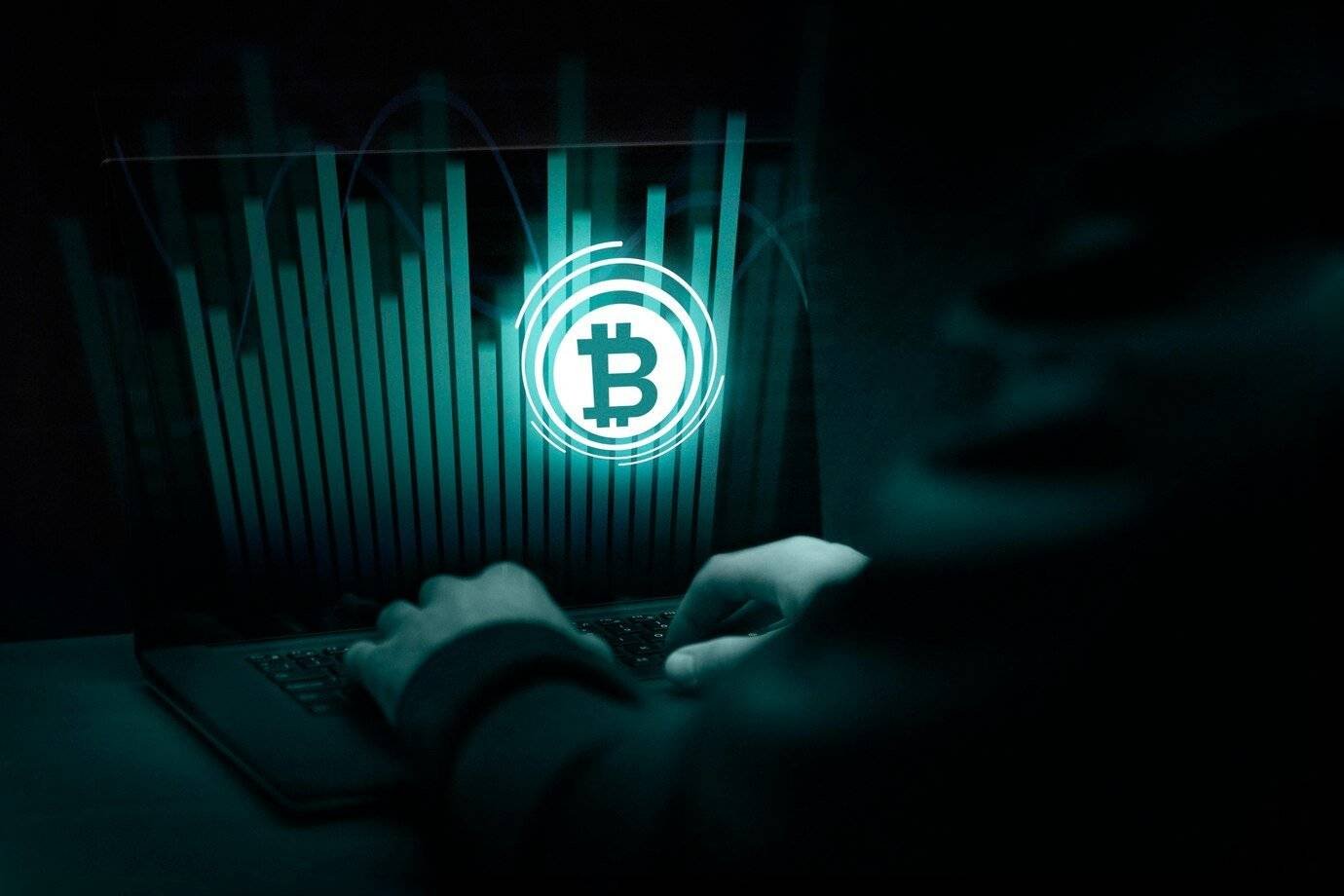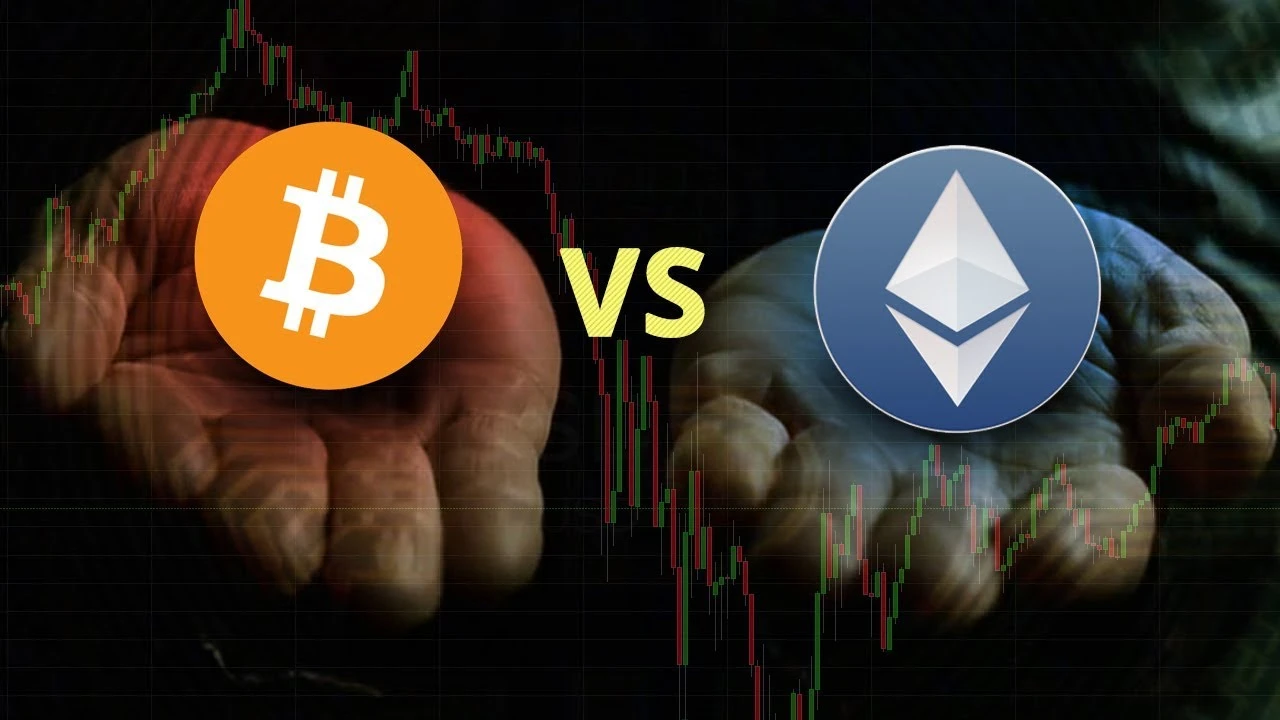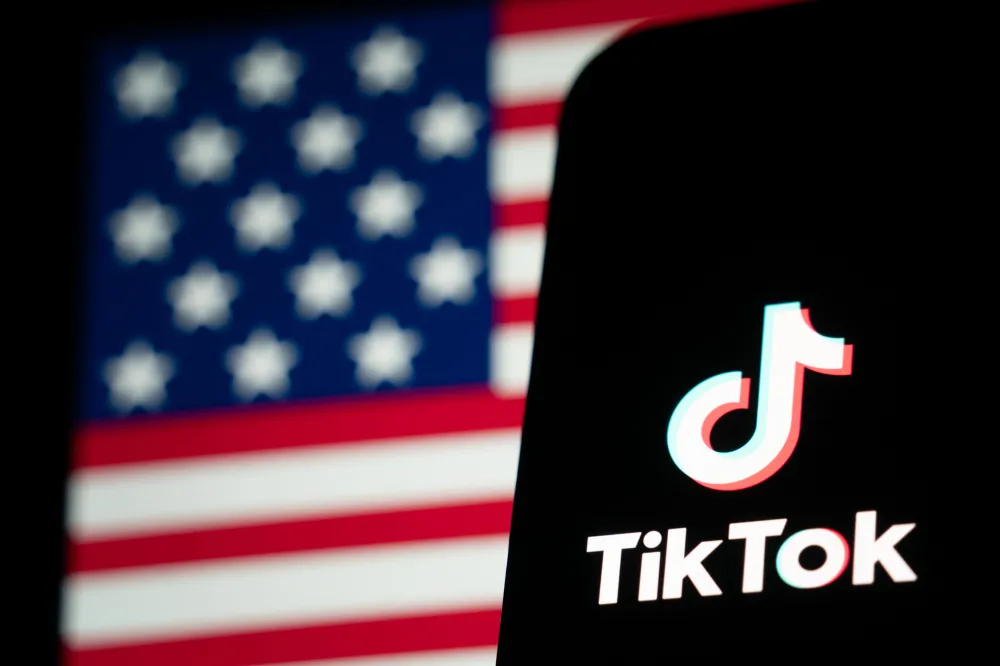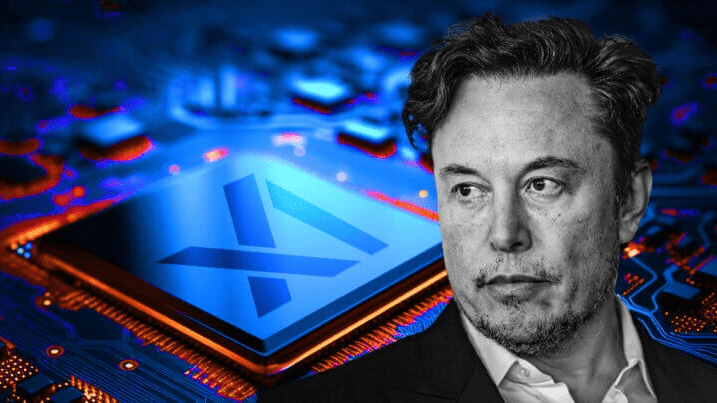If you’re interested in digital assets, buying or researching crypto or curious about technological progress, you’ve likely come across GRC in cybersecurity. If you haven’t done it, you should start now, since taking care of your data or savings involves knowing about cryptography.
Let’s make it easy for you.
GRC Is the Backbone of Cybersecurity Strategy
GRC stands for Governance, Risk, and Compliance. This is obviously not a buzzword. It’s the framework that keeps businesses and even crypto platforms safe, compliant, and aligned with their goals.
GRC acts as the guardrails. It helps an organization stay organized, avoid crashes (i.e., breaches), and make transactions flawless.
Governance (The Blueprint That Guides Security)
In cybersecurity governance, it helps to define the rules like you would at the beginning of any game. It sets out the processes for making decisions, assigning roles and the rules for handling security with data across the company.
This includes:
- Setting up security policies
- Defining roles and responsibilities
- Creating a culture of accountability and ethics
A crypto exchange or blockchain project relies on strong governance to make sure its team sticks to clear, honest and ethical guidelines. This can even boost investor confidence.
Risk Management (Preparing for the Worst Before It Happens)
Cyber threats are growing every day. Phishing, ransomware, and whatnot. Attackers are always one step ahead. This is where Risk Management comes in.
It helps organizations:
- Spot potential threats early
- Assess how bad they could be
- Take action before damage is done
Risk in the world of crypto mainly comes from market shifts, flaws in smart contracts and strict new regulations, rather than hackers. Whether you’re simply interested in DeFi or operate a platform, everyone must realize the risks and know how to manage them.
Compliance (Playing by the Rules Pays Off)
Regulations in the digital space are getting stricter for good reasons. Whether it’s GDPR in Europe, SEC guidelines in the U.S., or local crypto laws; you have to follow the rules.
Compliance means sticking to those rules:
- Meeting industry standards
- Avoiding legal penalties
- Maintaining your reputation
For crypto projects, compliance could mean anything from KYC (Know Your Customer) processes to protecting user data. It’s a major factor when investors decide whether or not to trust a platform.
Why GRC Matters Now More Than Ever
We’re in a time where cybersecurity is non-negotiable. A single breach can cost millions, destroy trust, and bring legal trouble. And in the crypto world, it’s even more intense — since it’s often decentralized, fast-moving, and full of unknowns.
GRC provides structure in this chaos. It gives crypto businesses and investors a sense of control in an unpredictable environment.
How Do Companies Actually Implement GRC?
Building a solid framework for governance, risk management, and compliance takes time. Being ready for these things means planning, thinking positively, and staying one step ahead of any threats or new regulations.
Here’s how it usually works:
- Set Clear Objectives
First, businesses define what they want to achieve. This might include protecting customer data, meeting regulatory requirements, or reducing financial risk. - Develop Internal Policies
These are the dos and don’ts of cybersecurity. For example, who can access sensitive systems? What’s the backup process? How do you respond to a data breach? - Conduct Risk Assessments
This is where companies look at everything that could go wrong—whether it’s a phishing attack, insider threat, or an insecure API and figure out how bad it would be. - Implement Controls and Monitoring
Think firewalls, encryption, 2FA, and regular system audits. It’s all about having checks in place to prevent, detect, and respond to risks. - Keep Improving
GRC isn’t one-and-done. As threats evolve, regulations change, and businesses grow, the framework has to be updated. That’s why GRC is a continuous process.
Common Challenges in GRC Implementation
Let’s be real! GRC sounds great on paper, but it’s not always easy to roll out. Here are some common hurdles:
- Resistance to Change
Teams may not want to alter their routines or adopt new protocols. Cybersecurity often feels like extra work until a breach happens. - Data Silos
When departments don’t share information, it’s hard to manage risk across the entire organization. Imagine the finance team missing a cyber red flag because IT didn’t communicate it. - Keeping Up With Regulations
You should keep in mind that GDPR, CCPA and laws covering crypto are always subject to change. Keeping compliant means you will either need to establish a legal and compliance team or look for software that automates the process. - Lack of Coordination
GRC needs cross-team collaboration. But if legal, finance, HR, and IT aren’t on the same page, the framework falls apart.
GRC Software and Tools That Make It Easier
Thankfully, there are powerful tools that help automate and simplify GRC. These include:
- GRC Platforms
These centralize risk, compliance, and governance activities. Tools like RSA Archer, LogicGate, and MetricStream are popular choices. - SIEM (Security Information and Event Management)
Tools like Splunk or IBM QRadar monitor networks for unusual activity and security threats. - User Access Management Tools
These control who gets access to what, helping prevent insider threats or accidental exposure of sensitive data. - Audit and Reporting Software
Helps organizations prepare for compliance audits, track activities, and prove they’re following regulations.
Even cloud giants like AWS are now offering GRC-focused tools through their Cloud Operations suite. It helps manage infrastructure securely, automate governance policies, and scale operations with better control.
The Real Benefits of Getting GRC Right
If done well, GRC becomes a competitive advantage not just a security requirement. Here’s what businesses gain:
- Fewer security incidents and faster response times
- Stronger compliance posture and fewer fines
- Clear decision-making based on risk data
- Increased investor and customer trust
- Better resource planning and cost savings
- A culture of accountability and continuous improvement
And in the crypto space, this could be the difference between a trusted DeFi platform and the next cautionary tale.
Final Thoughts
No matter if you’re a crypto startup, an NFT marketplace, or just someone investing in blockchain projects, GRC matters. It creates a safety net in a digital world where the stakes are high and the risks are real.
Good governance, solid risk management, and staying compliant are essential if you want to build or trust something that lasts.

















